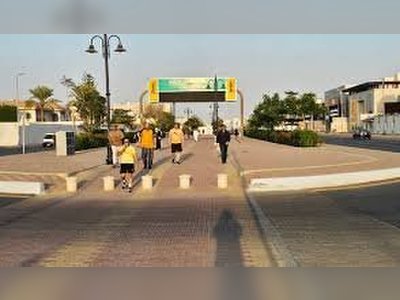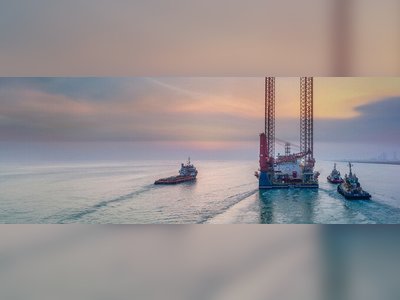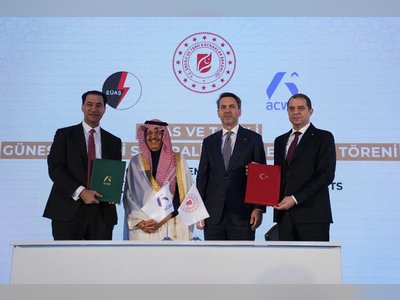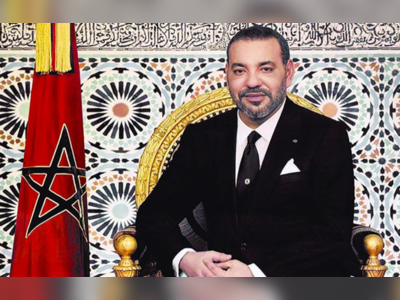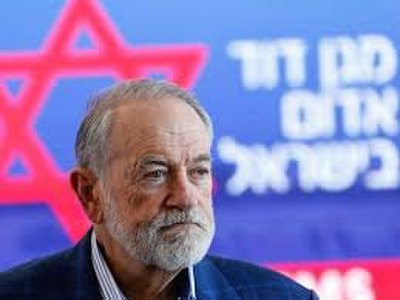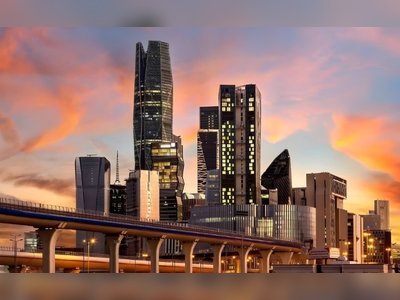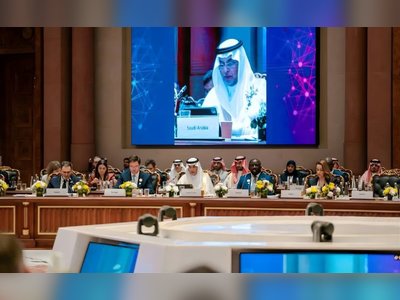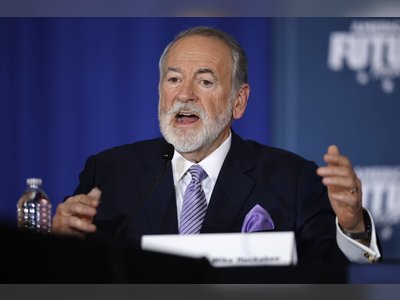
Saudi Seeks to Replace UAE and Qatar
Saudi Arabia has stepped up efforts to outflank the United Arab Emirates and Qatar as the commercial, cultural and/or geostrategic hub in the Gulf. The Saudis recently expanded their challenge to the smaller Gulf states by seeking to position Saudi Arabia as the region’s foremost sports destination, once Qatar has had its moment in the sun with the 2022 FIFA World Cup. The kingdom seeks to secure a stake in the management of regional ports and terminals, which have so far been dominated by the UAE and, to a lesser extent, Qatar.
The kingdom kicked off its effort to cement its position as the Middle East’s behemoth earlier this year. In February, Saudi Arabia announced it would cease doing business by 2024 with international companies whose regional headquarters were not based in the country.
The UAE ranks 16th on the World Bank’s 2020 Ease of Doing Business Index as opposed to Saudi Arabia at number 62. As a result, freewheeling Dubai has long been the preferred regional headquarters of international firms. The Saudi move “clearly targets the” United Arab Emirates and “challenges the status of Dubai,” said a UAE-based banker.
Saudi Arabia is a latecomer to the port control game, which is dominated by Dubai’s DP World. That company operates 82 marine and inland terminals in more than 40 countries, including Djibouti, Somaliland, Saudi Arabia, Egypt, Turkey and Cyprus. The kingdom’s expansion into port and terminal management appears to be less driven by geostrategic considerations. Instead, Saudi Arabia’s Red Sea Gateway Terminal (RSGT), backed by the Public Investment Fund (PIF), the Saudi sovereign wealth fund, said it was targeting ports that would service vital Saudi imports, such as those related to food security.
In January, PIF and China’s Cosco Shipping Ports each bought a 20% stake in RSGT. The Chinese investment fits into Beijing’s larger Belt and Road Initiative (BRI), which involves the acquisition of stakes in ports and terminals in Saudi Arabia, Sudan, Oman and Djibouti, where China has a military base.
Jens Floe, the chief executive officer of RSGT, said the company planned to invest in at least three international ports in the next five years. He said each investment would be up to $500 million. “We have a focus on ports in Sudan and Egypt. They weren’t picked for that reason, but they happen to be significant countries for Saudi Arabia’s food security strategy,” Floe said.
Saudi Sports
Saudi Arabia’s increased focus on sports, including a possible bid to host the 2030 World Cup, serves multiple goals. First, it offers Saudi youth, who account for more than half of the kingdom’s population, a leisure and entertainment opportunity. Second, it boosts Crown Prince Mohammed bin Salman’s burgeoning development of a leisure and entertainment industry. The Saudis believe this could allow the kingdom to polish its image tarnished by human rights abuse, including the killing of Saudi journalist Jamal Khashoggi in 2018, and challenge Qatar’s position as the face of Middle Eastern sports.
A recent report by Grant Liberty, a London-based human rights group that focuses on Saudi Arabia and China, estimated that Riyadh has invested $1.5 billion in the hosting of multiple sporting events. These include the final games of Italy and Spain’s top football leagues, Formula 1 races, boxing, wrestling and snooker matches, and golf tournaments. So far, Qatar is the Middle East’s leader in the hosting of sporting events, followed by the UAE.
According to Grant Liberty, further bids for events worth $800 million have failed. This did not include an unsuccessful $600-million offer to replace Qatar’s beIN Sports as the Middle Eastern broadcaster of the UEFA Champions League. Saudi Arabia reportedly continues to ban beIN from airing in the kingdom, despite the lifting of the Saudi-Emirati-led diplomatic and economic boycott of Qatar in January.
Oil Exports
Mohammed bin Salman’s Vision 2030 plan to diversify and streamline the Saudi economy and ween it off dependency on oil exports “has set the creation of professional sports and a sports industry as one of its goals,” said Fahad Nazer, spokesperson for the Saudi Arabian Embassy in Washington. “The kingdom is proud to host and support various athletic and sporting events which not only introduce Saudis to new sports and renowned international athletes but also showcase the kingdom’s landmarks and the welcoming nature of its people to the world.”
The increased focus on sports comes as Saudi Arabia appears to be backing away from its intention to reduce the centrality of energy exports for its economy. Energy Minister Prince Abdulaziz bin Salman, the crown prince’s brother, recently ridiculed an International Energy Agency (IEA) report, saying “there is no need for investment in new fossil fuel supply” as “the sequel of the La La Land movie.” He went on to ask, “Why should I take [the report] seriously?”
Putting its money where its mouth is, Saudi Arabia intends to increase its oil production capacity from 12 million to more than 13 million barrels a day. This is based on the assumption that global efforts to replace fossil fuel with cleaner energy sources will spark sharp reductions in American and Russian production. The Saudis believe that demand in Asia for fossil fuels will continue to rise even if it drops in the West. Other Gulf producers, including the UAE and Qatar, are following a similar strategy.
“Saudi Arabia is no longer an oil country, it’s an energy-producing country … a very competitive energy country. We are low cost in producing oil, low cost in producing gas, and low cost in producing renewables and will definitely be the least-cost producer of hydrogen,” Prince Abdulaziz said. He appeared to be suggesting that the kingdom’s doubling down on oil was part of a strategy that aims to ensure that Saudi Arabia is a player in all conventional and non-conventional aspects of energy. By implication, he was saying that diversification was likely to broaden Saudi Arabia’s energy offering, rather than significantly reduce its dependence on energy exports.
“Sports, entertainment, tourism and mining alongside other industries envisioned in Vision 2030 are valuable expansions of the Saudi economy that serve multiple economic and non-economic purposes,” said a Saudi analyst. “It’s becoming evident, however, that energy is likely to remain the real name of the game.”
The views expressed in this article are the author’s own and do not necessarily reflect Fair Observer’s editorial policy.

